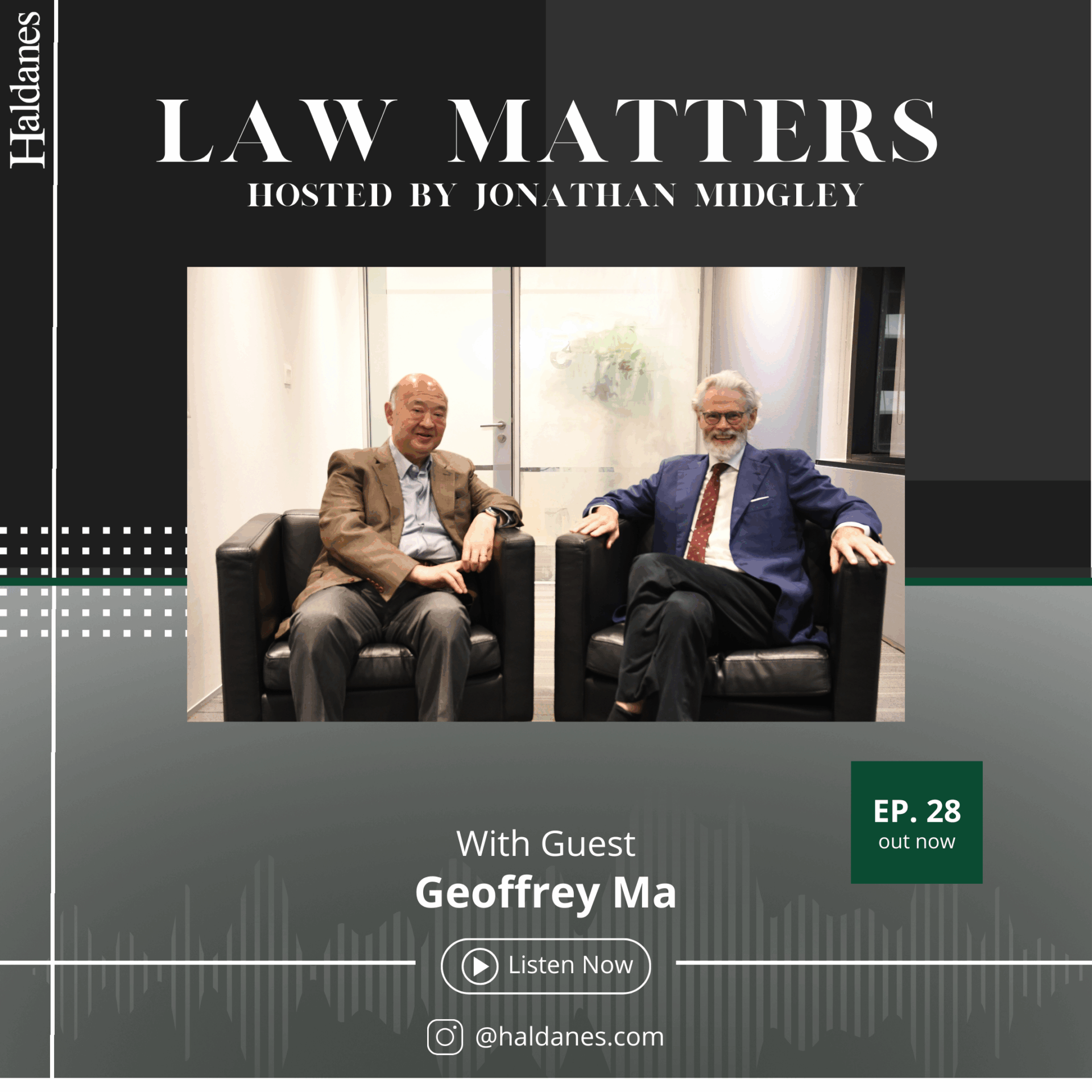Safeguarding the Mentally Incapacitated: Navigating the Complex Framework for Appointing Mental Health Committees in Hong Kong

When a loved one faces mental incapacity, it can be an emotionally challenging and complex situation for all involved.
Ensuring their well-being and protecting their rights requires careful planning and legal foresight.
The appointment of a mental health committee can provide a vital legal mechanism to support individuals who are mentally incapacitated, guiding families and caretakers through a structured process that balances compassion with legal compliance.
This article explores how such committees can be set up under Hong Kong law, outlining the procedural steps to ensure appropriate care and safeguarding for vulnerable members of the community.
Mentally Incapacitated Persons
In Hong Kong, there are specific circumstances when an application for appointing a Mental Health Committee becomes necessary.
When individuals suffer from severe mental or cognitive impairments that render them unable to manage their financial affairs, such as those with advanced dementia who may not be able to pay bills, make unwise investment decisions, or fail to understand the implications of financial transactions, or patients in a persistent vegetative state or long – term coma who have no capacity to handle their assets, this application process is crucial.
These individuals, known as Mentally Incapacitated Persons (MIPs), require a legal mechanism to safeguard their financial interests.
The Mental Health Ordinance (Cap. 136, MHO) in Hong Kong establishes a legal framework governing such individuals who are actually or deemed mentally incapacitated. Part II of the Ordinance sets out procedures for appointing a Mental Health Committee to protect the financial interests of MIPs who struggle to manage their own assets.
Nature of the Mental Health Committee
Mentally Incapacitated Persons (MIPs) often face challenges in managing their assets or property and may require assistance. Under the MHO, a Committee may be appointed to administer an MIP’s assets, property, and affairs. When considering applications under Part II of the MHO (“Part II Applications”), the Court prioritizes the personal needs and interests of the MIP.
As the person concerned in the application may be mentally incapacitated, Part II Applications are typically made by others on their behalf.
The relevant Practice Direction 30.1 and section 7(3) of the MHO provide procedural guidance, stipulating that relatives of the MIP may lodge applications.
If no relatives are willing to act, the Director of Social Welfare or the Official Solicitor may apply on the MIP’s behalf. Under section 2 of the MHO, “relatives” include spouse, children, parents, siblings, grandparents, uncles or aunts, nephews or nieces, cousins, and past cohabitants, all of whom may qualify to apply on behalf of the MIP.
Part II Applications involve two key stages: first, the Direction Stage where the applicant seeks directions from the Court; and second, the Inquiry Stage where the applicant complies with the Court’s directions and submits evidence to assist the Court in determining whether the person concerned is mentally incapacitated.
If the Court is satisfied the person is an MIP, it will decide whether to appoint a Committee and define the scope of the Committee’s powers over the MIP’s estate.
While there are no fixed rules on the composition of Committee members, professionals are commonly appointed due to the Committee’s role in handling the MIP’s property. Close relatives may also serve as members, allowing a mix of professional and non-professional perspectives. If no relatives are contactable, the Court may appoint the Official Solicitor as a Committee member.
Procedure for Part II Applications
Under section 7 of the MHO, an application for an inquiry into an individual’s mental capacity must be initiated by filing an ex-parte Originating Summons.
It is advisable for applicants to engage a solicitor to provide proper legal advice and assistance.
The applicant must attach three types of supporting documents: (i) medical certificates from at least two registered medical practitioners (with at least one being a specialist in diagnosing mental disorders); (ii) proof of relationship demonstrating the applicant’s status as a relative or next-of-kin under section 2 of the MHO; and (iii) relevant property details outlining the MIP’s current assets and financial situation.
The MHO mandates submission of these documents, and failure to do so may lead the Court to adjourn the inquiry until all required materials (including but not limited to the specified three types) are filed.
After reviewing the documents, the Court will issue directions if it decides to proceed, covering aspects such as prima facie evidence, conduct of the inquiry, and attendance of medical professionals. Interested parties, such as relatives disagreeing with estate management, may participate in Part II Applications.
During the inquiry, the Court will assess medical certificates, relatives’ testimonies, and may appoint independent medical experts to determine mental incapacity.
If satisfied, the Court will decide whether to appoint a Committee and determine its composition. Once appointed, the Committee is responsible for independently managing the MIP’s estate, including preserving property values, and must file annual accounts with the Court. The Court may intervene if the Committee fails to act in the MIP’s best interests.
Conclusion
Navigating the application process for appointing a Mental Health Committee is complex, involving intricate legal procedures, strict documentation requirements, and judicial scrutiny.
Given the significant legal and financial implications for the Mentally Incapacitated Person and all parties involved, it is highly recommended to seek professional legal advice from a solicitor. A solicitor can guide applicants through each stage, ensuring compliance with the Mental Health Ordinance and increasing the likelihood of a successful application that best protects the interests of the MIP.
Disclaimer:
The information in this article is for general reference only and does not constitute legal advice. For specific guidance tailored to your circumstances, professional legal advice should be sought.


